At least for me. I just finished another gift book that I'm probably the only person to have read recently, or maybe even in decades. It's a rare limited edition finely put together with sepia toned photographs of "The Lake Poets" and their homes as the title says: SOME PORTRAITS OF THE LAKE POETS AND THEIR HOMES.
It's by Ashley P. Abraham, who I've never heard of, and was printed in 1928, though it comes across as from an even earlier era. An advertisement in the back for a hotel in "the Lake district" includes the enticement that: "All the Hotels have the Electric Light throughout..."
It looks like it's a sincere scholarly attempt to present short prose portraits of the lives and accomplishments and homes (or connections to homes) in the Lake District and may have been produced to promote the hotels advertised in the back pages or the printer offering "Real Photograph Postcards" (which many of the illustrations I'm guessing were versions of).
I'm not only charmed by the book and the photographic illustrations, as the art they obviously are (I'd reproduce some here but I don't want to take the chance of bending the book open as much as I'd have to for scanning, but one of the highlights is a supposed photographic insert of the school desk top into which"W WORDSWORTH" carved his name)...
...but also charmed by the writing, which is so discrete—despite its unrestrained admiration for the writers it covers that somehow can be connected to "the Lake district"—it almost seems Victorian, but kinder, or maybe I mean more empathetic. Here's an example that struck me as something so precise and well said, and yet so disarmingly evasive, I can't imagine anyone writing this way ever again, though who knows—it's in a section on John Ruskin—but you have to read the whole paragraph to see what I mean:
"The story of Ruskin's Oxford lectures bears cruel evidence of the effect of his physical weakness on his mental balance. From childhood he had suffered periodically from severe illnesses of one kind or another, while in the intervals his ancestral vitality seemed to reassert itself. In early manhood he had more than one alarming attack of lung trouble, and after his fortieth year he seemed unable to shake off a brooding melancholy—the result undoubtedly of intense strain of mind , and many private sorrows and disappointments—one in particular (about his fortieth year) over which reverence for the master demands that a veil should be drawn."
Now, you could be cynical and say maybe at the time whatever he was referring to in that last sentence was well known and his discretion was actually hypocrisy as he was reminding an informed audience of something they all knew, or on the other hand that he was being deceptive, but it strikes me first of all as a reminder of how language was used to say precisely what was meant without calling too much attention to itself, but also how a tender regard for others' feelings and sensibilities (even if practiced on a limited segment of humanity) underscored a seemingly much more civil society.
I'm not lamenting the loss of a time when the world was a lot tougher for a lot more people, but I do miss some aspects of the sensibility displayed in this quaint little book.
Subscribe to:
Post Comments (Atom)

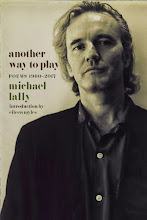
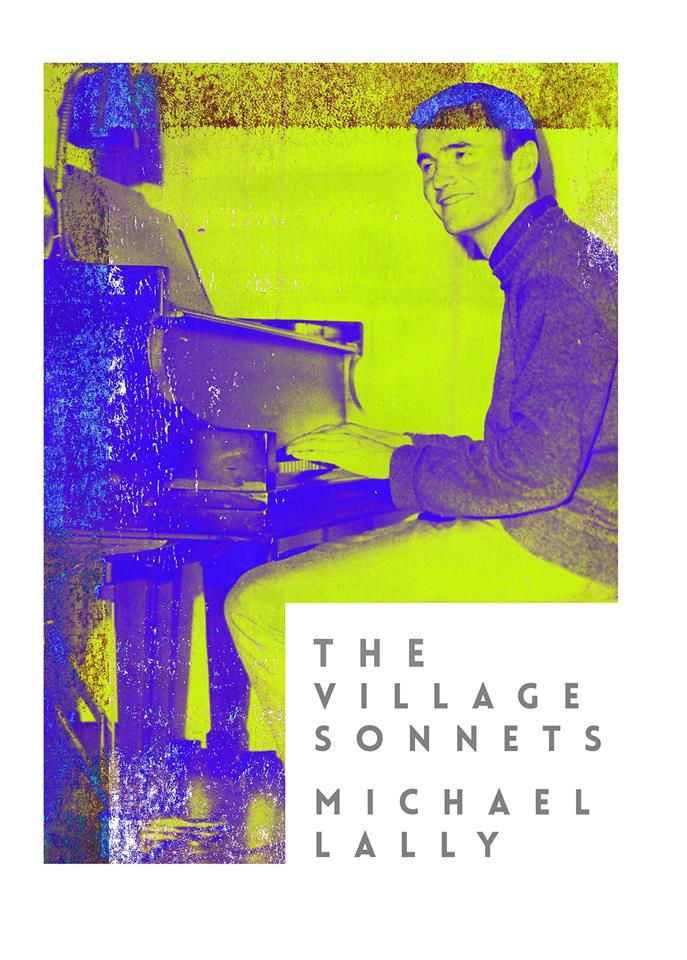
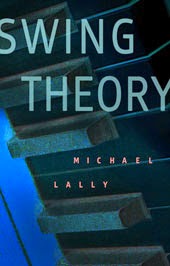
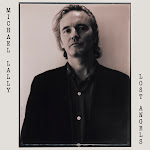
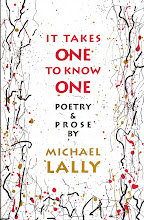










No comments:
Post a Comment